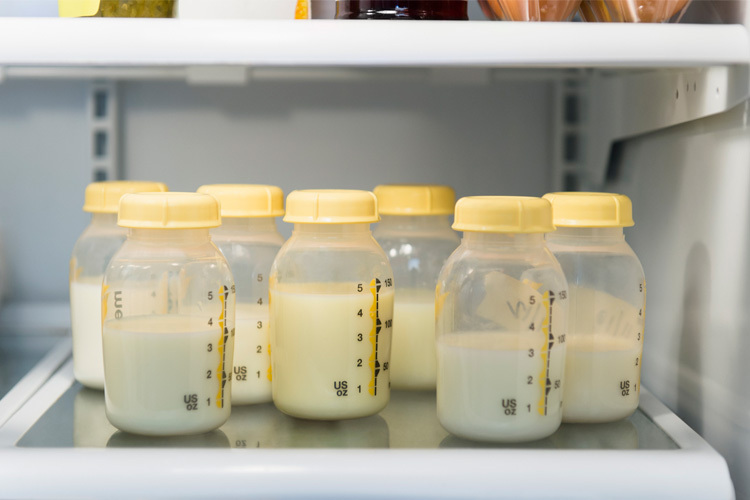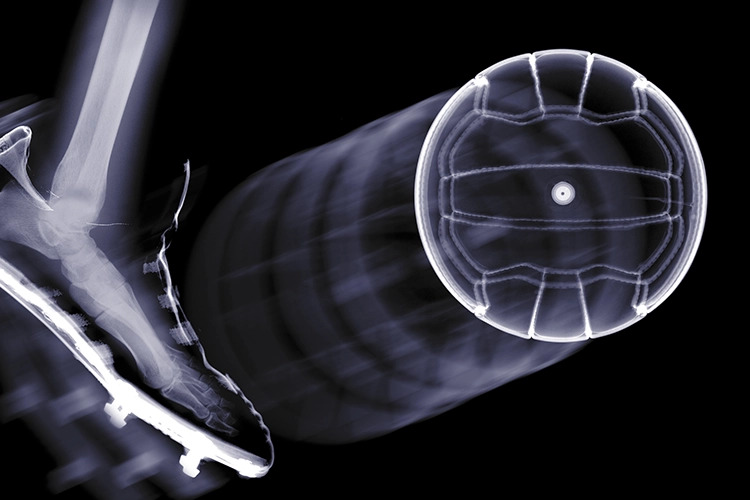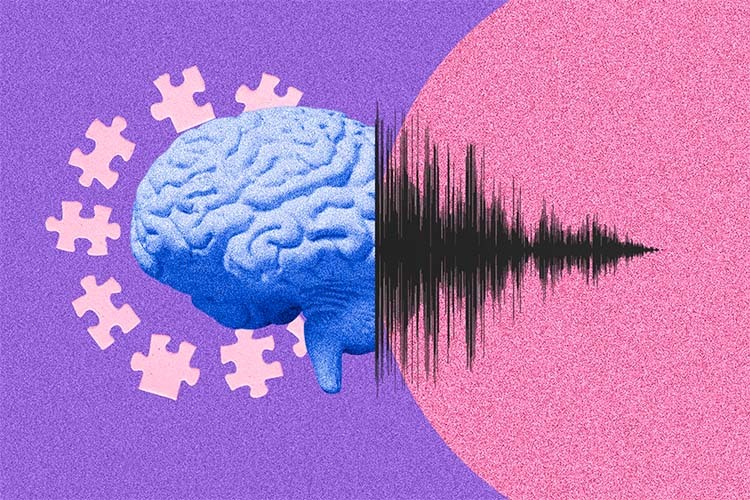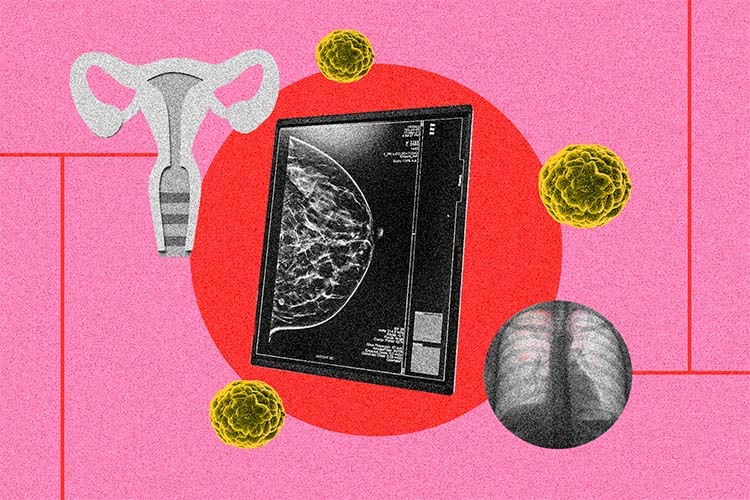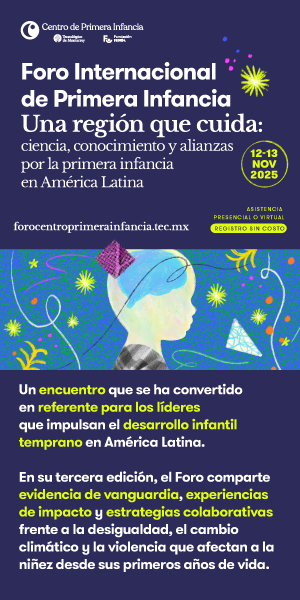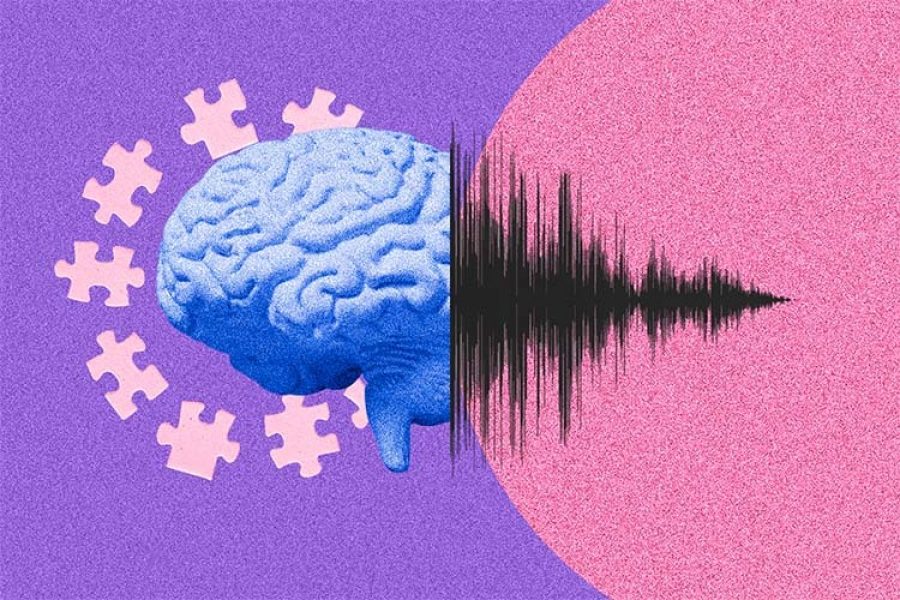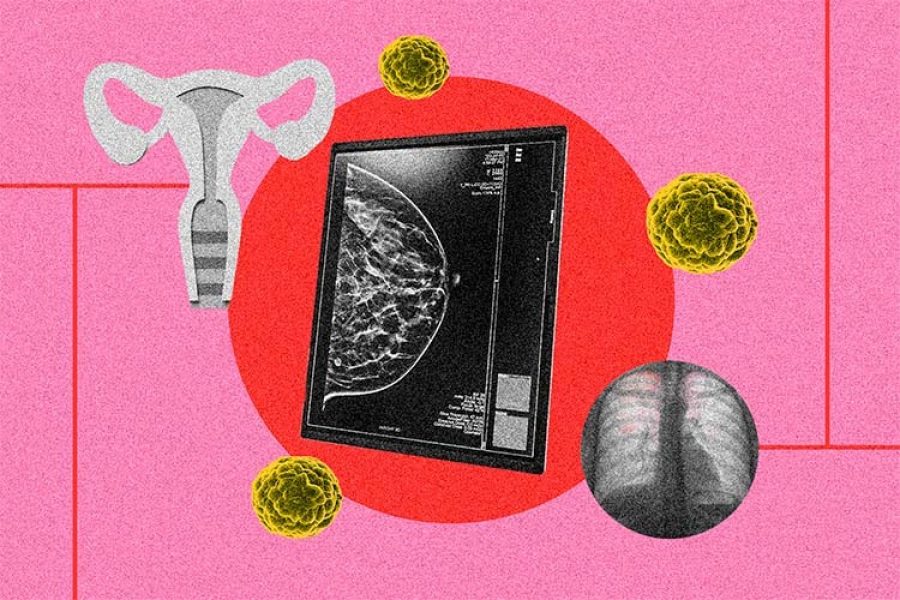By Perla Bello, Daniel López, María José Morales y Alejandro Núñez
Reviewed by Cristina Chuck
Breast milk is one of the most complex and vital biological fluids for human life, especially during a newborn’s first months. But its composition can be altered by the mother’s metabolic conditions—such as overweight, obesity, and diabetes.
These conditions, which are highly prevalent among Mexican women, not only affect maternal health but may also leave a biochemical imprint on the milk that nourishes their infants.
Mexico is facing a public health crisis driven by chronic metabolic diseases. According to the 2021 National Health and Nutrition Survey (ENSANUT), 72.4% of adults are overweight or obese.
This becomes especially significant during critical periods like pregnancy and breastfeeding, when a mother’s metabolic health can influence the nutritional and hormonal quality of her breast milk—potentially affecting a baby’s development
Molecular Shifts in Breast Milk
For years, research on breast milk focused largely on its nutritional profile—mainly the levels of macronutrients like proteins, fats, and lactose.
While studies have found that these basic components are not significantly altered by obesity or diabetes, the findings pushed scientists to seek more sensitive tools capable of detecting subtle but potentially meaningful molecular changes.
One such tool is Differential Scanning Calorimetry (DSC), which measures thermal changes in breast milk caused by variations in molecular interactions—especially among proteins and lipids.
In simple terms, DSC provides a thermal fingerprint that reveals structural shifts in these macromolecules, changes that traditional methods may miss.
Using this technique, researchers have found that the breast milk of women with metabolic conditions like obesity and diabetes shows structural modifications in proteins and fats. These changes could directly affect how efficiently a baby’s body absorbs and processes nutrients.
Researchers from the School of Engineering and Sciences at Tecnológico de Monterrey are leading investigations in this area, identifying significant structural changes in the milk of mothers with these conditions.
While these findings mark a breakthrough in understanding the issue, more research is needed to precisely identify the affected molecules and uncover their short- and long-term physiological effects.
Hormonal Imbalances in Breast Milk
Beyond nutrition, breast milk also serves as a biochemical communication channel between mother and baby. It contains a wide array of hormones that influence metabolism, appetite, and development.
Among these are adipokines, a group of proteins secreted by fat tissue. Two of the most studied are leptin and adiponectin.
Leptin is known as the “satiety hormone.” It helps suppress appetite and boost energy expenditure, promoting healthy body weight. Adiponectin, meanwhile, enhances insulin sensitivity, allowing cells to better process glucose. Both hormones are crucial to metabolic health in adults and newborns alike.
In women with obesity, increased fat mass disrupts the production and balance of these hormones. Leptin levels tend to rise—yet paradoxically, this can trigger resistance to leptin’s effects, fueling a cycle of persistent hunger and reduced metabolic efficiency.
At the same time, adiponectin levels drop—a change linked to higher risks of type 2 diabetes, metabolic syndrome, and cardiovascular problems.
Researchers at Tecnológico de Monterrey have found that these hormonal imbalances are also reflected in the breast milk of overweight and obese mothers.
Notably, they’ve identified a link between low adiponectin levels in milk and greater weight gain in breastfed infants. This suggests that the breast milk of mothers with obesity may act as an obesogenic factor, shaping the infant’s metabolism in a disadvantageous way from the earliest stages of life.
What It Means for Infant Health
Although the long-term consequences of these changes have yet to be confirmed through longitudinal studies, researchers believe they could influence metabolic programming—essentially predisposing children to obesity, diabetes, and other disorders later in life.
It’s important to emphasize, however, that despite these findings, breast milk remains the most complete and beneficial food for infants. Its immunological and nutritional benefits are unparalleled.
Still, the composition of breast milk is neither static nor universal—it varies based on each mother’s health and circumstances. This makes it critical to deepen our understanding of breast milk, particularly in populations like Mexico’s, where metabolic diseases are alarmingly common.
Understanding breast milk’s composition is key to designing preventive strategies that protect both maternal and infant health—and to advancing the long-overdue study of women’s health, which has long been underrepresented in science.
References
- Núñez-Delgado A, Mizrachi-Chávez VM, Welti-Chanes J, Macher-Quintana ST and Chuck-Hernández C (2024) ‘Breast milk preservation: thermal and non-thermal processes and their effect on microorganism inactivation and the content of bioactive and nutritional compounds’. Front. Nutr. 10:1325863.
- ENSANUT. (2021). Encuesta Nacional de Salud y Nutrición Continua 2021.
- G. E. Leghi, M. J. Netting, P. F. Middleton, M. E. Wlodek, D. T. Geddes, and B. S. Muhlhausler, ‘The impact of maternal obesity on human milk macronutrient composition: A systematic review and meta-analysis’, Nutrients, vol. 12, no. 4. MDPI AG, Apr. 01, 2020. doi: 10.3390/nu12040934.
- L. Ellsworth, W. Perng, E. Harman, A. Das, S. Pennathur, and B. Gregg, ‘Impact of maternal overweight and obesity on milk composition and infant growth’, Matern Child Nutr, vol. 16, no. 3, Jul. 2020.
- Nuñez-Delgado, A. (2024). Caracterización proximal, morfológica y calorimétrica de leche materna y sus concentrados proteicos y lipídicos en madres con diferentes Índices de Masa Corporal (IMC) y/o diabetes. Como cumplimiento parcial de los requisitos para obtener el grado de Maestría en Ciencias con especialidad en Biotecnología. Tecnológico de Monterrey. Monterrey, N.L. México.
- Clemente-Suárez, V. J., Redondo-Flórez, L., Beltrán-Velasco, A. I., Martín-Rodríguez, A., Martínez-Guardado, I., Navarro-Jiménez, E., … & Tornero-Aguilera, J. F. (2023). The role of adipokines in health and disease. Biomedicines, 11(5), 1290.
- Çatlı, G., Olgaç Dündar, N., & Dündar, B. N. (2014). Adipokines in breast milk: an update. Journal of clinical research in pediatric endocrinology, 6(4), 192–201.
- Galindo-Gómez, A., Flores-Scheufler, P., Quevedo-Escobar, Y., González-Magaña, R., & Rodríguez De Ita, J. (2015). Adiponectin levels in breast milk of overweight/obese and normal weight mothers in the metropolitan area of Monterrey, México. Boletín Médico Del Hospital Infantil de México, 72(4), 242–248.
- Denizli, M., Capitano, M. L., & Kua, K. L. (2022). Maternal obesity and the impact of associated early-life inflammation on long-term health of offspring. Frontiers in cellular and infection microbiology, 12(1), 940937.
- Bello- Echeverría, P. (2024). The relationship of obesity on adipokines levels in breast milk and blood serum from one-month postpartum Mexican women. As a partial fulfillment of the requirements for the degree of Master of Science in Biotechnology. Tecnologico de Monterrey. Monterrey, N.L. Mexico.
Authors
María José Morales Saucedo. Master’s student in Biochemistry and Molecular Biology at Sorbonne University in France. She holds a degree in Biotechnology Engineering with a concentration in biocatalysis from Tecnológico de Monterrey. In 2022, she was selected for a research internship at the Technical University of Denmark, focused on vaccine production. She is currently part of Cristina Chuck’s research team, working on the characterization of breast milk.
Alejandro Nuñez-Delgado. Master of Science in Biotechnology from Tecnológico de Monterrey in 2024. He previously graduated with honors as a Chemical Engineer from IEST-Anáhuac (2020) and as a Chemical Lab Technician from CBTis 103 “Francisco Javier Mina.” Upon graduating from university, he received the CENEVAL Award for Excellence for his outstanding performance on the national EGEL exam in Chemical Engineering. In 2016, he won first place in Chemistry at the DGETI Academic Festival and a silver medal at the Mexican National Chemistry Olympiad, organized by the Mexican Academy of Sciences. His master’s thesis, titled Thermographic, Proximal, and Morphological Characterization of Breast Milk and Its Protein and Lipid Concentrates in Mothers with Different Body Mass Indexes (BMI) and/or Diabetes, was supervised by Cristina Chuck and Francisco Sierra.
Perla Bello Echeverría. Biotechnology Engineer with a specialization in Food Science and Biopharmaceutical Processes (2022) and a Master of Science in Biotechnology (2024), both from Tecnológico de Monterrey. During her graduate studies, she collaborated with the Institute for Obesity Research under Cristina Chuck’s breast milk research line. She also completed an international research stay at the Dairy Products Institute of Asturias and a national internship at CIATEJ, where she studied the composition of breast milk in Mexican mothers and its relationship with infant nutrition, immunology, and microbiota. She currently works as a biotechnology patent examiner at the Mexican Institute of Industrial Property (IMPI) and continues to pursue contributions to the fields of science and human health.
Daniel Alejandro López Ocampo is a master’s student in Biotechnology at Tecnológico de Monterrey (Class of 2024) and holds a degree in Biotechnology Engineering from the same institution (2023). He is a collaborator in the breast milk research line led by Cristina Chuck.
This article was reviewed by Cristina Chuck Hernández, professor and researcher at Tecnológico de Monterrey. She leads the HEALTH Research Group at the School of Engineering and Sciences. She is a Level 2 member of Mexico’s National System of Researchers (SNI) and a member of the Mexican Academy of Sciences.
